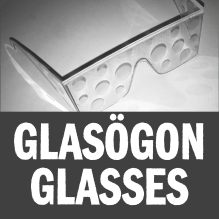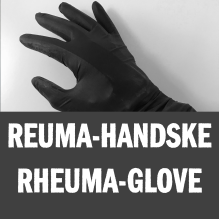Empathic Modeling
Our research highlights the difficulty of truly understanding the complexities faced by individuals with reduced physical, cognitive, or sensory functionality until you experience them firsthand. Studies show that combining direct involvement with users who have these impairments and adopting an empathetic perspective yields the best results for designing user-friendly products.
To facilitate this understanding, we offer an empathic modeling tools designed to simulate various challenges including gloves that replicate the effects of rheumatism and glasses that mimic different types of visual impairments. Additionally, our free audio files provide immersive experiences that simulate the impacts of ADHD and tinnitus, helping designers better appreciate the obstacles users might encounter.
By engaging with these tools, designers can gain valuable insights and develop products that are more accessible and easier to use for everyone.
These glasses will help you evaluate how accessible your design solutions are to people with reduced vision. The kit includes glasses that simulate cataracts, glaucoma, macular degeneration, diabetes, stroke, retinal detachment, blindness on one eye, and blindness with the ability to see brightness.
These gloves imitate rheumatism will help you get a sense of how your design is to use while also dealing with reduced hand functionality.
Sound Simulating Tinnitus
Listen to this audio track to evaluate whether your design requires good hearing ability or too much concentration.
Sound Simulating ADHD (Swedish)
Listen to this audio track to evaluate if your design solution requires too much concentration. (Only available in Swedish.)
Back to Home page



